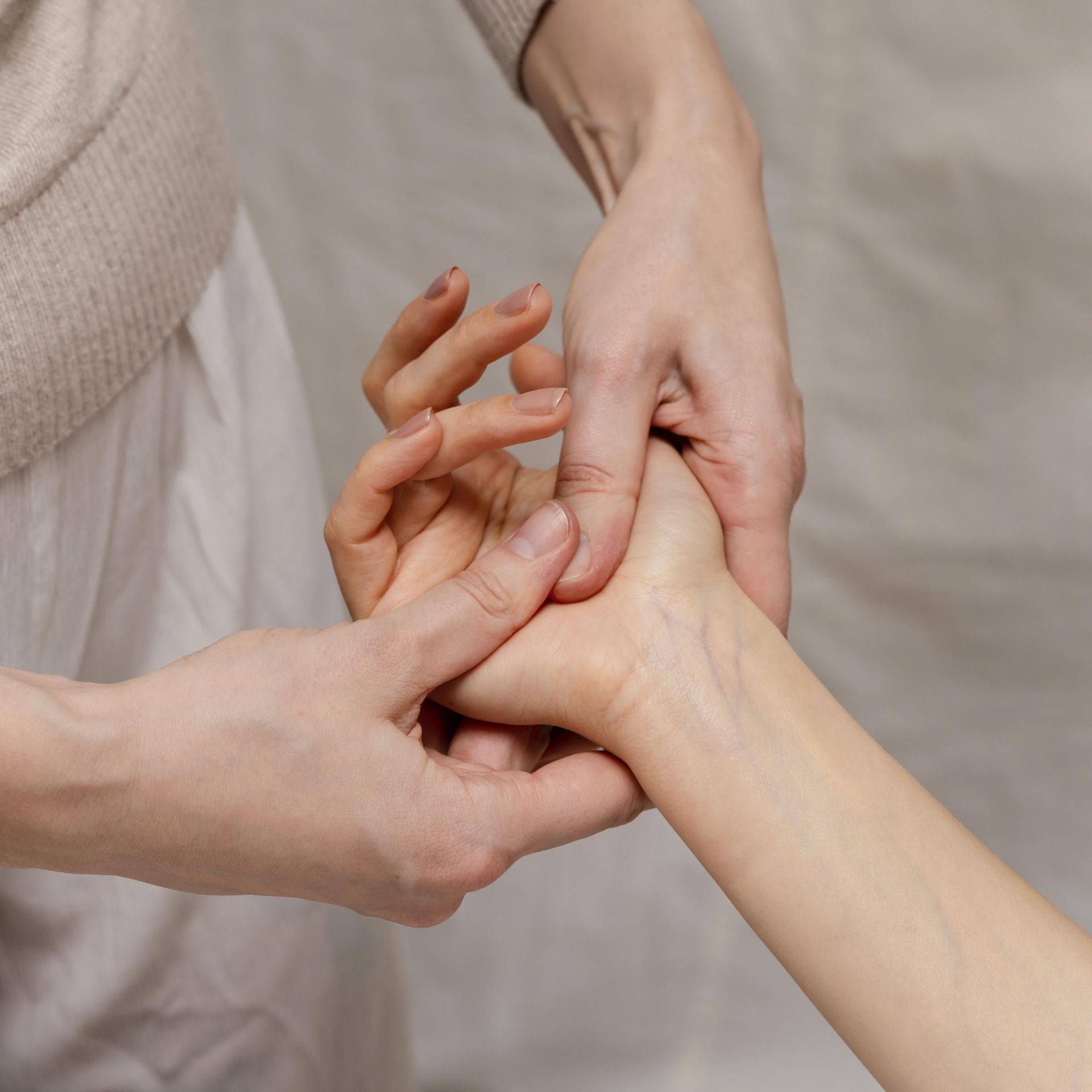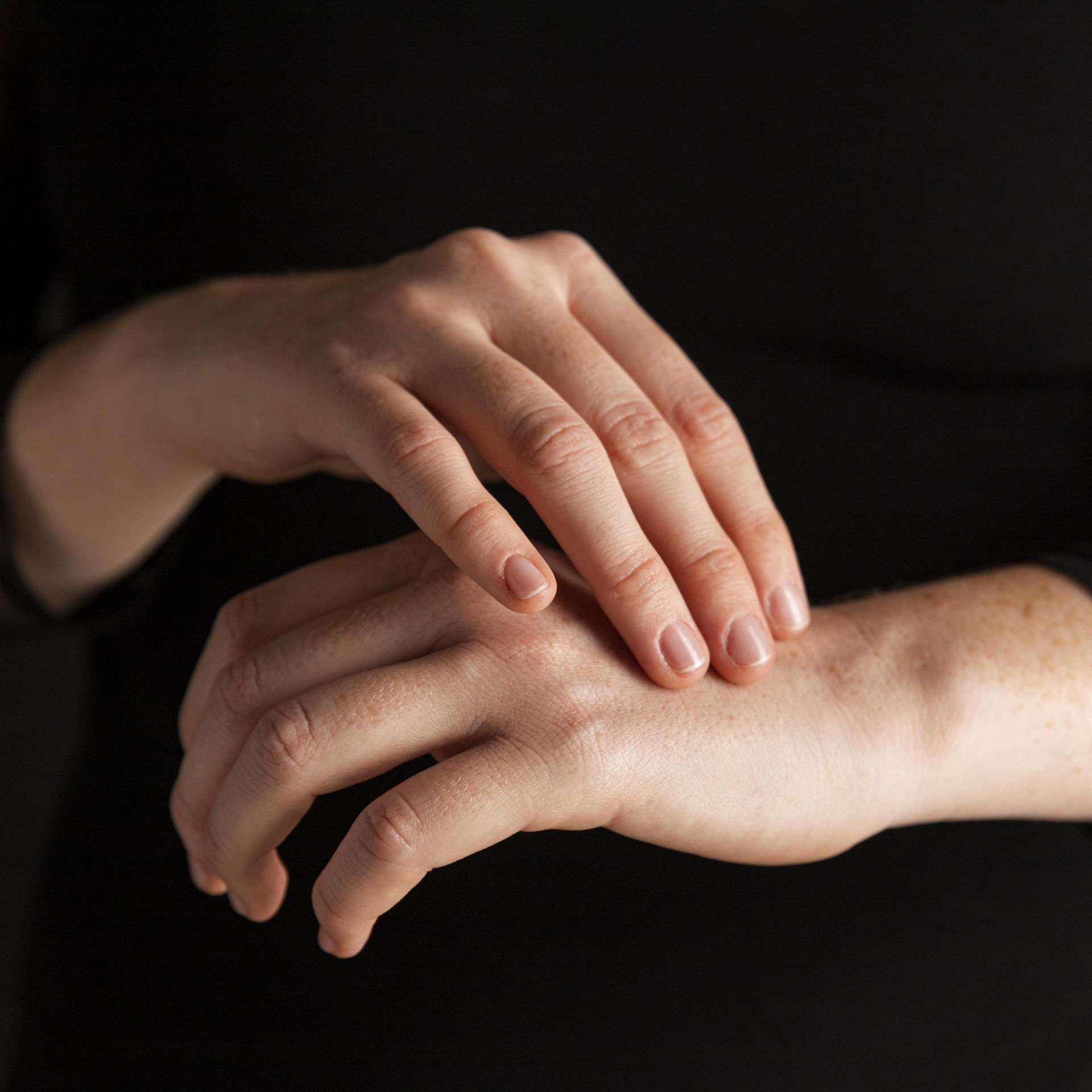The hand is a complex organ and hand pathologies can affect daily activities. Doctor Roxana Lungoci, a specialist in plastic surgery, explains the main hand pathologies and their treatment.
If you are facing one of these pathologies and have questions, you can schedule an online consultation with one of the doctors on the Digital Clinics platform for competent advice.
Chronic hand pathologies
“Chronic hand diseases appear over time. We are not made to use our hands so intensely and in the way we use them today,” says dr. Roxana Lungoci, from Digital Clinics. “Most people think they have rheumatic problems when they have pain, swelling in their hands. False. In 60% of cases, hand problems are not related to rheumatism but are related to nerve compressions.
In order to use our hand, we need the nerves to function. But nerves pass through narrow areas called canals, which, due to the fact that we use our hands more intensively than we were genetically designed to do, these canals become insufficient.
The most common chronic pathologies of the hand
Carpal tunnel syndrome occurs due to compression of the median nerve at the wrist. The carpal tunnel presses on the nerves (extremely fine structures) because the tendons (hard structures) also pass through the canal, which, with repetitive use of the hand, increase their sheath and begin to press on the nerves.
Guyon/cubital tunnel syndrome refers to compression of the ulnar nerve at the wrist or elbow level, in the cubital tunnel.
Radial nerve compression that occurs at the forearm level and causes problems with turning the hand back, but this problem occurs very rarely.
Trigger finger involves the blockage of a tendon at the metacarpal joint, due to the appearance of a nodule on the tendon that sometimes moves and produces a "click", like a trigger, hence the name "trigger finger". This condition is quite strange, because sometimes the finger can remain blocked due to the nodule, sometimes not, which makes the diagnosis more difficult to make. Trigger finger has several degrees, and at degree 4, the finger can no longer be put back in place with the help of the other hand and remains blocked, and at this stage the finger must be operated on.
Dupuytren's syndrome is a rarer condition, often attributed by the patient to an insect bite. A nodule appears in the palm that later turns into a clamp that pulls the skin on the fingers and blocks them. The condition has genetic causes and is treated only surgically, under local anesthesia.
Symptoms of chronic hand conditions:
- tingling
- pain in the fingers
- inability to fully clench the hand
- lack of finesse, we can no longer grasp or release things with the two front fingers, the index finger and the thumb
Chronic pathologies occur most often in those who use their hands repetitively – those who use the keyboard daily, electricians who use screwdrivers daily, people who work in factories and perform repetitive work on the conveyor belt, cleaning ladies, cooks, doctors who operate.
Treatment of chronic pathologies
Regardless of whether we are talking about carpal tunnel syndrome or trigger finger or Dupuytren's, all these hand problems are solved only surgically, usually with an incision of only 2 cm. "There are pathologies that are very easily resolved, they do not relapse and patients should not avoid surgery or postpone it until they can no longer, when in fact, they are conditions that can be resolved simply and quickly, with local anesthesia in a few days”, says doctor Lungoci.
Acute hand pathologies
The most common acute hand pathologies are wounds cut by a flex, circular, or other sharp objects; patients. Patients come to the doctor with cuts and massive bleeding in the forearms, tendons, fingers
Tendon ruptures or small fractures – mallet finger, meaning a hard object comes across the finger and causes its rapid and unexpected flexion (for example, basketball players, housewives who arrange the bed sheet and accidentally hit the headboard). Mallet finger causes the extensor tendon to rupture, and the finger remains slightly droopy and you can no longer grasp it. If the finger were immobilized on a simple popsicle stick for the first 48 hours, immobilization would save us and the hematoma would not form, and the body would heal the rupture on its own. "Unfortunately, patients come to the doctor 2-3 days after the injury, in which case a hematoma has formed and the finger must be operated on," warns doctor Lungoci.
Another case of acute pathology is the so-called "closed buttonhole", the fracture occurs in the finger as in mallet finger, but the fracture occurs at the level of the next joint of the finger, not at the distal one. Usually, closed buttonholes frequently occur after falling from scooters. Likewise, if the finger were immobilized on a simple ice cream stick, immediately after the injury, it would escape more easily, even without surgery. However, if the finger starts to ankylosis, nothing can be solved. Surgery remains the only solution.
Fractures produced in patients who punch someone or something, not only is it not a nice gesture, but it can also be dangerous, even for the person who punches. Often, when hitting someone in the mouth, the fist hits the person's teeth, they perforate the joints and the patient develops septic arthritis, which in a short time leads to swelling of the hand and in serious cases, even to amputation. There are very small bones in the wrist area, and if an infection gets into them and is not treated with antibiotics in time, things can get serious. "Don't run away from the doctor, even in such cases. Doctors are not police officers, it's not our job to know what you did and why, our job is to help you heal!", urges patients doctor Roxana Lungoci.
Recommendations of doctor Roxana Lungoci
• Do not postpone a visit to the doctor until the parts of the hand affected by an acute or chronic disease become unbearable!
• Remember that in the first moments after an injury, the doctor's intervention is life-saving and you have every chance of not having to go to surgery!








